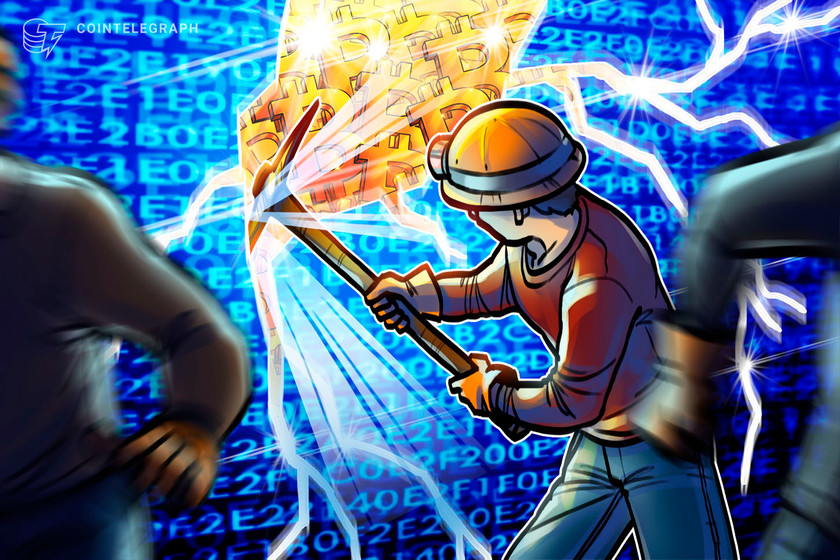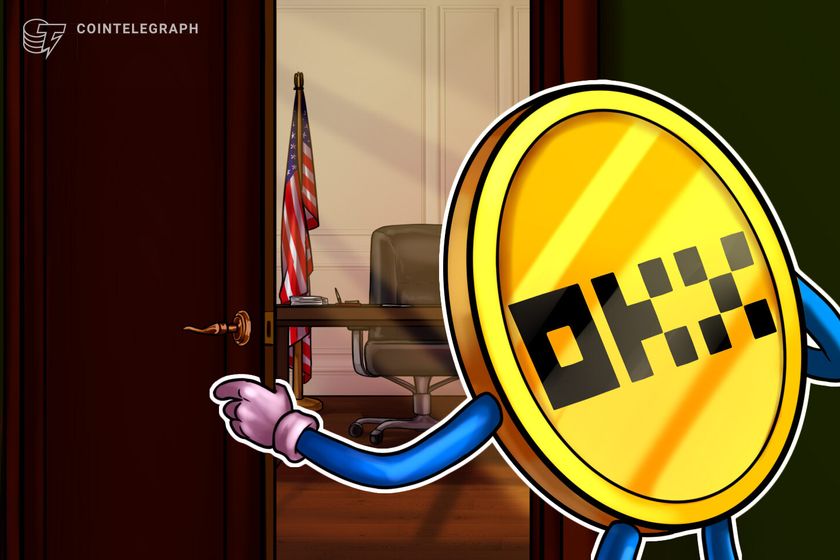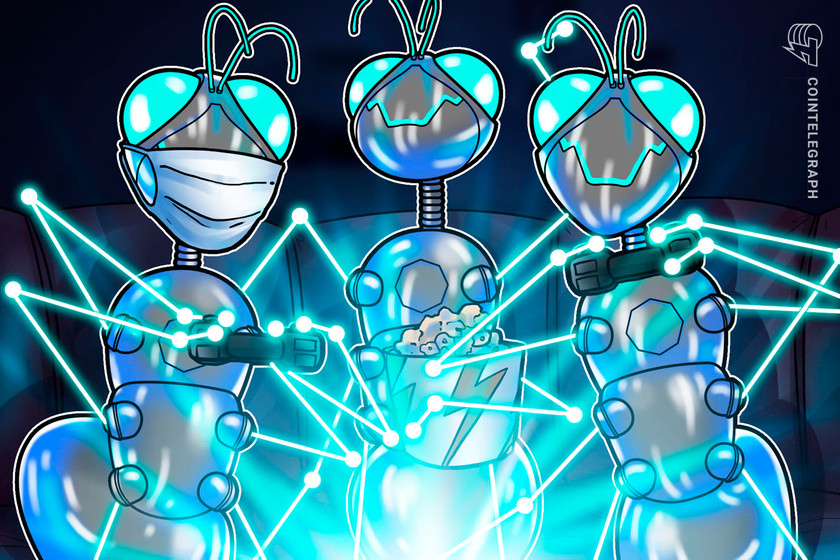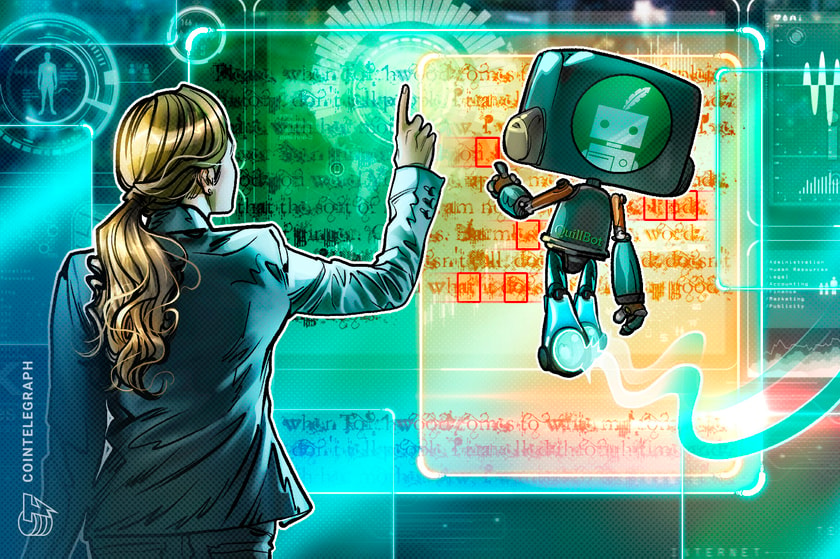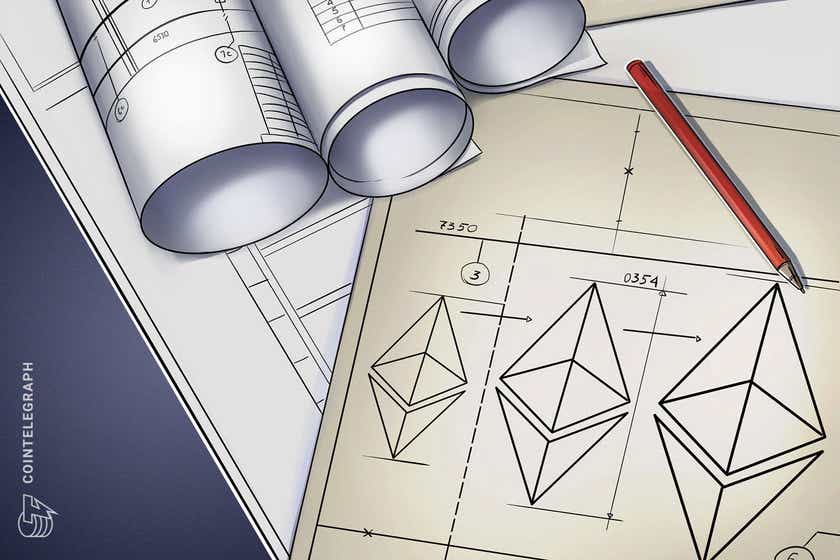DLT security standards may turn legacy industries into blockchain innovators
Tokenization has given rise to the “Internet of Value,” an era in which financial assets — or any assets with underlying value — can be easily transferred peer-to-peer over the internet. While revolutionary, tokenization has largely remained a concept embedded strictly within the cryptocurrency space. Yet as the need for digitized processes continues to impact multiple sectors, tokenization could become a game changer for global digitalization.
In order to drive mainstream adoption, the InterWork Alliance — a nonprofit organization dedicated to creating global standards for tokenized ecosystems — has announced the formation of two new member-led business working groups. The Distributed Ledger Technology Security and the Global Trade and Supply Chain, both of which will focus on creating standards for the security of tokens being used in financial services.
Security standards needed
Paul DiMarzio, marketing director for the IWA, told Cointelegraph that the new business working groups aim to ensure that the standards driving tokenized services for financial use cases reflect the security needs of an entirely digitized financial sector:
“The concern is that traditional security measures developed for transactional systems may not be adequate when applied to tokenized services deployed to distributed ledger technologies. At present, the distributed ledger technology landscape is filled with fragmentary standards and guidance with respect to security considerations.”
To ensure an efficient security framework, the IWA security working group has appointed Bill Izzo as its chair. Izzo also serves as the Depository Trust & Clearing Corporation’s director of security technology team, which recently published a white paper on the security of DLT networks.
According to Izzo, distributed ledger technologies are rapidly being applied within the global financial services industry, a market valued at over $22 billion. Izzo further mentioned that tokenization is an important element to ensure that financial use cases relying on DLT systems are secure.
Electronic bills of lading tokenized
Izzo hopes that the DLT security business working group will create a series of use cases for tokenization across the financial sector to reduce risk, decrease costs and increase DLT security capabilities. The DTCC white paper further states that financial sectors using DLT-based systems can achieve “strengthened identity measures, improvements in information preservation and data integrity, processing efficiencies, increased operational capacity, and compliance effectiveness.”
More specifically, tokenization has started to transform paper-based supply chains and global trade processes. Alex Bausch, co-chair of the Global Trade and Supply Chain group and executive chairman at 2tokens — an organization dedicated to driving tokenization — told Cointelegraph that although the working groups are a new initiative, members have already started working on applying security standards to a tokenization use case for electronic bills of lading:
“The newly formed IWA working groups will take an active role in the implementation of the existing electronic bill of lading token through real-life pilots, while actively engaging with authorities to promote the legal acceptance of digital tokens.”
According to Bausch, the electronic bill of lading use case builds upon the TradeTrust project initiated and being used by the Port of Rotterdam, Port of Singapore, Infocomm Media Development Authority of Singapore, and Blocklab. Bausch explained that IWA’s Global Trade and Supply Chain group will set out to create a token taxonomy framework for this use case, along with establishing a set of legal regulations.
This can be extremely beneficial, as findings from 2tokens show that an electronic bill of lading could facilitate a more resilient supply chain, reducing the need for manual, paper-based processes. This can also result in revenue gains. The Digital Container Shipping Association estimates that the industry could potentially save more than $4 billion per year if electronic bill of lading adoption reaches 50%.
Challenges hamper mainstream adoption
Ultimately, mainstream adoption for tokenized business use cases have been complicated due to a lack of standards and regulations, according to James Rilett, senior director of innovation and digital strategy at S&P Global Platts — a division of S&P Global that provides energy and commodities information to customers in over 150 countries. He told Cointelegraph that while it makes sense to tokenize a bill of lading, regulations must first be considered:
“It may be difficult for a company or individual to carry a DLT warrant through the current legal system that was established years ago. There is still an old-fashioned way of doing things that is governed by paper processes. Bills of lading and maritime case laws are already in place and people want to continue to follow those.”
In order to successfully combat current regulatory challenges, DiMarzio explained that the new IWA working groups will follow a standard process of articulating and defining the elements of a specific use case under study. “The starting point for this process is establishing the business specifications of the items of value within that use case that will be tokenized,” he said.
DiMarzio also shared that the working groups will look to examine the contracts that are expected to be written across specific tokens, defining these in a workflow-like format. Finally, any valuable insights that might be produced from an analysis of the shared data across these contracts are identified. IWA will then look to take the findings and turn them into standards, which will be returned to the business working groups for validation. He added: “The business working group will also involve regulators in the standard creation process to make it more cohesive and create trust with the regulatory bodies.”

